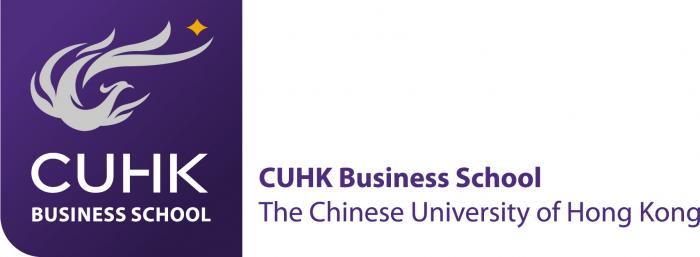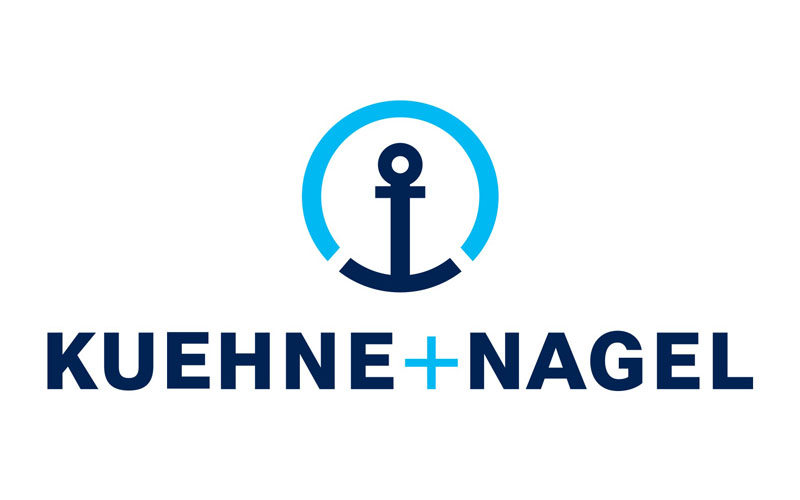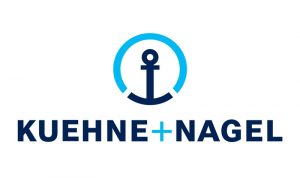The 11 financial topics involve the analysis of the firms’ financial and profitability ratios, which included words such as ‘taxes’, ‘profitability’ and ‘stock price’ — and 752 other topics.
“We identified these two main topics because political topics reflect the institutional knowledge and the information that goes into forecasts about Chinese firms, while financial topics represent the standardized knowledge used in forecast earnings,” he explains.
“By examining the textual outputs that explain and justify the analysts’ earnings forecasts, we hoped to get closer to identifying the analysts’ knowledge advantage.”
Political Knowledge Proves Forecast Advantage
“From our study, we found that local analysts have an advantage in acquiring political knowledge as they have specific knowledge of political institutions, while foreign analysts are likely to have more knowledge from the expertise in standardized earnings forecast and valuation approaches developed in offices in their home countries,” he says.
“We identified that, for Chinese-listed firms, institutional knowledge in politics can create an information wedge between local and foreign analysts.”
He adds: “Analysts from local brokerages have more institutional knowledge in politics than those at foreign brokerages because it is much more expensive for foreign brokerages to acquire it.”
Because of the cost, analysts of foreign brokerages tend to adopt a more global approach — established by head office — of focusing on publicly available financial information and standardized valuation approaches when making forecasts.
In contrast, analysts at local brokerages tend to write forecasts based more on their knowledge of politics to evaluate a company’s prospects.














Comment